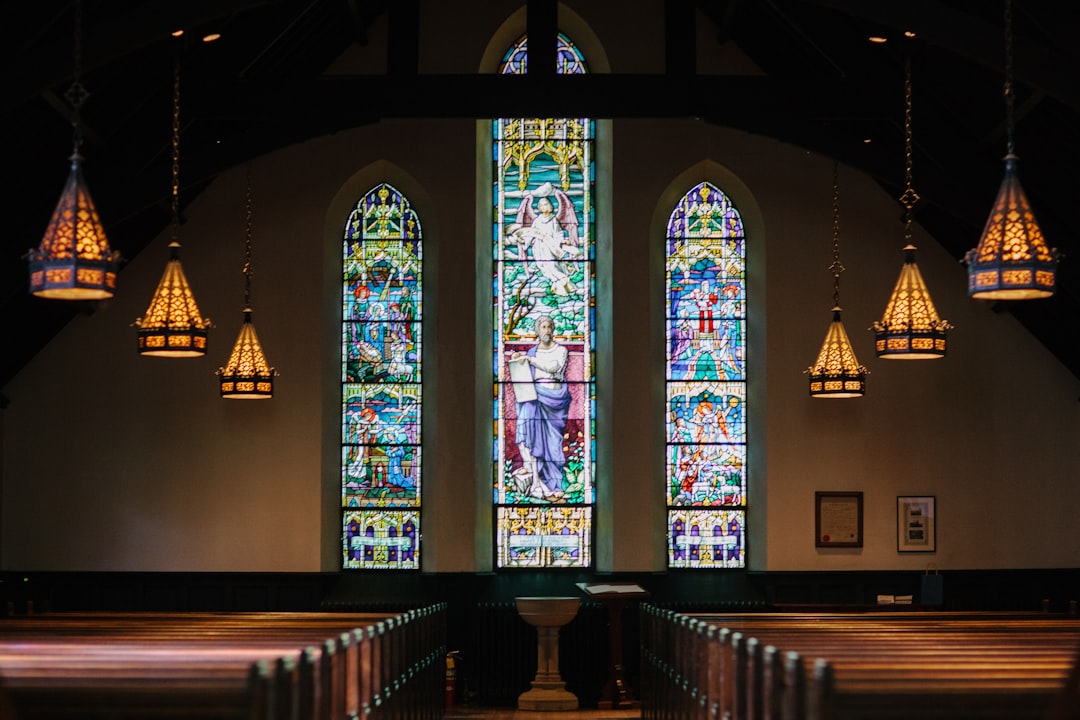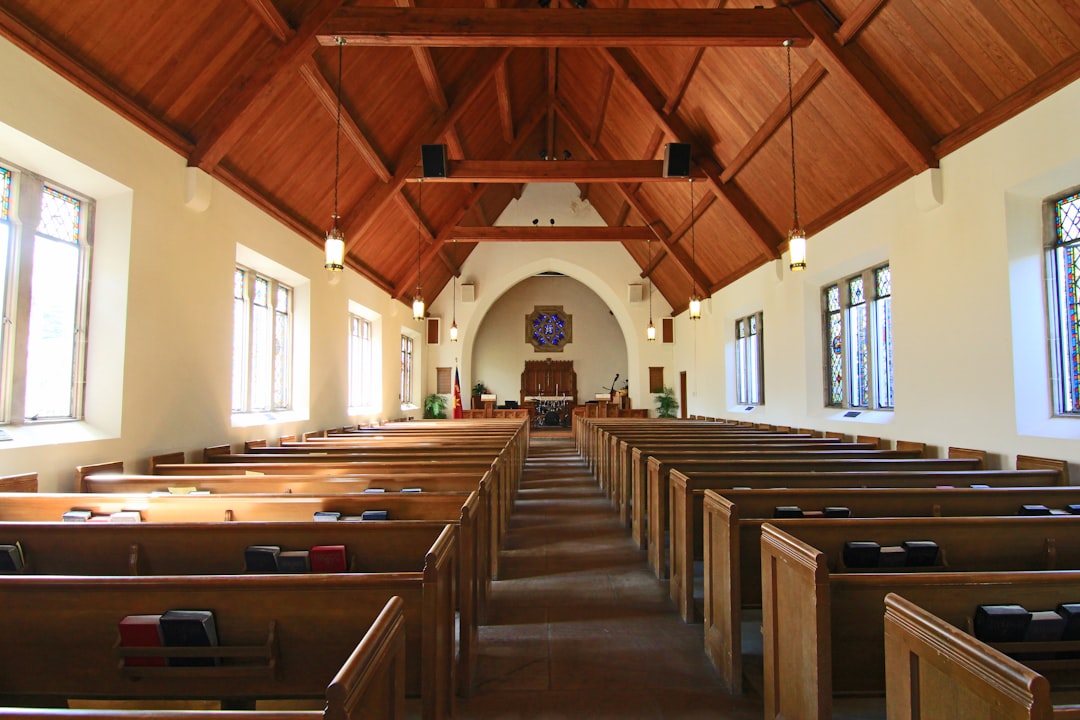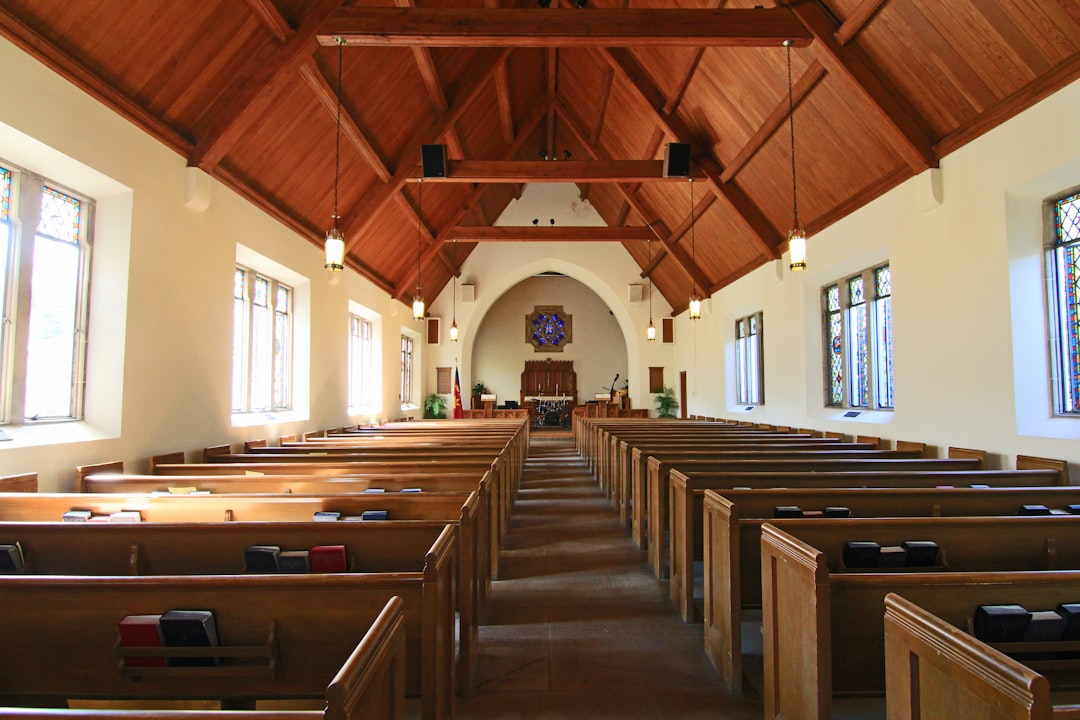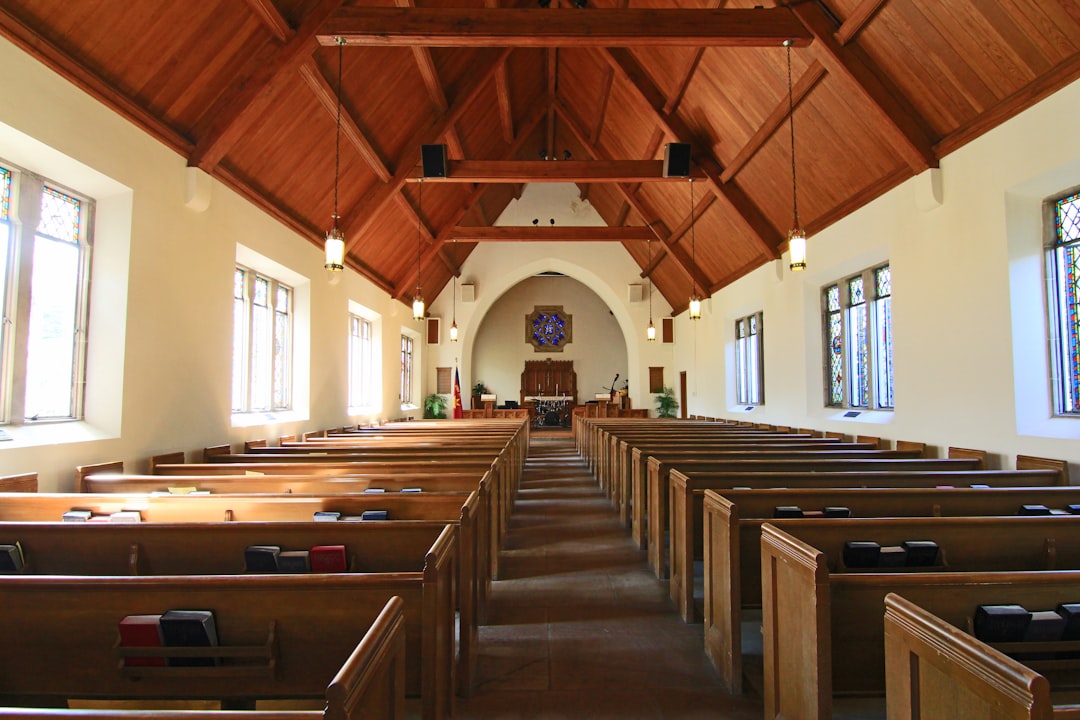The Diocese of Little Rock, a prominent Roman Catholic entity in central Arkansas, faces numerous lawsuits due to historical clergy sexual abuse, driven by stringent state laws and specialized clergy abuse lawyers. These cases, reflecting global trends, seek justice for survivors, expose institutional negligence, and promote transparency. The outcomes could set precedents, encourage more victims to come forward, and prompt the church to implement stricter policies to prevent future abuse. Specialized clergy abuse lawyers play a crucial role in guiding survivors through complex legal processes, offering them not only financial compensation but also support and accountability for abusers.
In recent years, the Diocese of Little Rock has faced a series of high-profile clergy abuse lawsuits, shedding light on historical instances of misconduct within its ranks. This article delves into the complex web of these legal battles, exploring their origins in Arkansas and the factors fueling them. We analyze the rights of victims, examine key legal aspects, and discuss potential outcomes that could shape future cases involving clergy abuse lawyers in Arkansas.
Understanding the Diocese of Little Rock and Its Historical Context

The Diocese of Little Rock, spanning across central Arkansas, is a significant religious institution with a rich history dating back to its establishment in 1845. This diocese, part of the Roman Catholic Church, has played a pivotal role in the spiritual life of the region for over a century and a half. Over time, it has encountered challenges, notably the recent wave of clergy abuse lawsuits that have brought both pain and attention to the community.
The historical context is crucial when understanding these lawsuits. The Catholic Church, globally and locally, has faced increasing scrutiny for historical instances of sexual abuse by clergy members. Arkansas, with its strong religious demographics, including a significant Catholic population, has seen these cases come to light, prompting individuals who were affected as children to seek justice through legal channels. This is where the expertise of a specialized clergy abuse lawyer in Arkansas becomes invaluable, guiding survivors through the complex process of seeking redress and ensuring their voices are heard within the legal system.
The Rise of Clergy Abuse Lawsuits in Arkansas

In recent years, Arkansas has witnessed a significant rise in clergy abuse lawsuits, bringing much-needed attention to the historical issue of sexual misconduct within the state’s religious communities. Many victims, once silenced or shamed, are now speaking out against their abusers and the institutions that protected them. This surge in legal actions is largely driven by survivors seeking justice and accountability from the Catholic Church, with several prominent clergy abuse lawyers in Arkansas leading these cases.
The Diocese of Little Rock has faced numerous lawsuits, reflecting a broader national trend where religious organizations are being held responsible for the actions of their clerics. These lawsuits not only seek monetary compensation for victims but also aim to expose the patterns of cover-up and negligence that have long characterized responses to clergy abuse. As such, they represent a critical step in healing and reform, encouraging transparency and better protection for future generations within Arkansas’s religious settings.
Key Factors Contributing to the Legal Battles

The Diocese of Little Rock has been embroiled in a series of legal battles stemming from allegations of clergy abuse, a complex and sensitive issue with far-reaching implications. Key factors contributing to these lawsuits include Arkansas’s robust laws regarding child protection and sexual misconduct, which have empowered survivors to come forward and seek justice. The presence of dedicated clergy abuse lawyers in the state further facilitates these legal proceedings, ensuring that victims have access to skilled representation.
Additionally, the Diocese’s historical response to these allegations has played a significant role. Inadequate handling or dismissal of past incidents can serve as fuel for ongoing lawsuits, highlighting the importance of transparent and effective reporting mechanisms within the church hierarchy. As such, the legal battles reflect broader societal efforts to combat sexual abuse, hold perpetrators accountable, and provide support for survivors.
The Role of Victims and Their Legal Rights

In the context of the Diocese of Little Rock abuse lawsuits, victims play a crucial role in holding accountable those responsible for their suffering. Those who have experienced sexual or physical abuse at the hands of clergy members in Arkansas have legal rights and options available to them. Seeking justice is not only about financial compensation but also ensuring that similar instances of clergy abuse are prevented in the future.
A clergy abuse lawyer in Arkansas can guide victims through the complex legal process, helping them understand their rights and the potential steps to take. These professionals specialize in handling sensitive cases involving religious institutions and possess the expertise needed to navigate the unique challenges associated with these lawsuits. By taking action, victims not only gain access to much-needed support and resources but also contribute to a larger effort to promote transparency and accountability within the church.
Potential Outcomes and Implications for Similar Cases

The outcome of the Diocese of Little Rock abuse lawsuits has significant implications for similar cases involving clergy abuse across Arkansas and potentially beyond. A successful lawsuit can set a precedent, leading to increased awareness and accountability within the Catholic Church for historical instances of sexual misconduct by clergy members. This could encourage more victims to come forward, empowered by the knowledge that their experiences are valid and can lead to justice.
Such legal actions also carry the potential to trigger substantial financial settlements, which can serve as a crucial form of restitution for survivors. These funds could be instrumental in helping victims access quality healthcare, therapy, and other necessary support services. Furthermore, public scrutiny and transparency initiated by these lawsuits may prompt the church hierarchy to implement stricter policies and training programs aimed at preventing future abuse and ensuring safer environments for vulnerable individuals within their communities.




